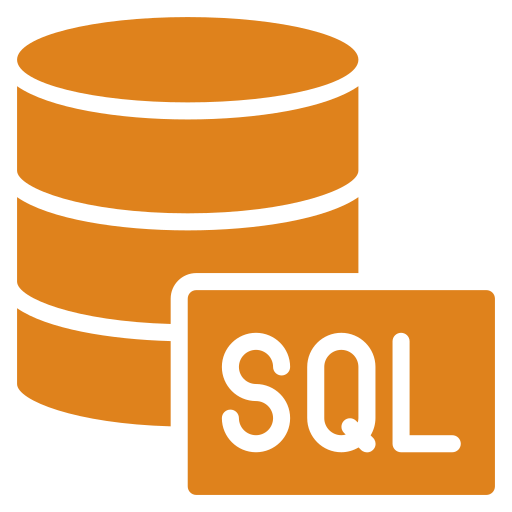
How to Install Composer on Ubuntu 22.04
Prerequisites to Install Composer on Ubuntu 22.04
To install Composer for Ubuntu 22.04, you’ll need to have the following components in place:
- Ubuntu 22.04: This guide is specifically tailored for the latest long-term support release of Ubuntu. You can check the Ubuntu version before getting started.
- PHP: Composer requires PHP to be installed on your system. Ensure you have PHP version 7.2 or higher.
Before proceeding, verify that you have the required PHP version installed using the following command:

How to Install PHP on Ubuntu 22.04
As you can see it’s currently not installed in our Ubuntu 22.04, so we’ll first install it using the below command:

It can be seen in the output that PHP is not installed in the system but also some additional packages are not installed. These packages are necessary for PHP to function properly within the system environment. They typically include dependencies required by PHP itself, as well as any necessary components needed to integrate PHP with other software, such as web servers like Apache.

Installing Composer on Ubuntu 22.04
Following are the steps below to show the composer install Ubuntu system:
Step 1: Download the Composer Installer
Open a terminal and run the following command to download the Composer installer:

This command uses curl to download the Composer installer from the official Composer website. The -sS flags are used to suppress the progress meter and error messages, respectively.
Step 2: Install Composer
Run the following command to Ubuntu install Composer:

This command runs the Composer installer, which will prompt you to choose an installation path. Choose a location, such as /usr/local/bin, and press Enter to continue.
Step 3: Move the Composer Binary
Run the following command to move the Composer binary to the chosen installation path:

This command moves the Composer binary (composer.phar) to the chosen installation path /usr/local/bin/composer. The sudo command is used to gain root privileges, which are required to write to the /usr/local/bin directory.
Step 4: Verify Composer Installation
Run the following command to verify that Composer is installed correctly:

This command runs Composer and displays its version number. If Composer is installed correctly, you should see a version number displayed.
Benefits of Using Composer on Ubuntu 22.04
Composer offers several benefits that make it an indispensable tool for PHP developers:
Dependency Management: Composer simplifies the process of managing project dependencies by automating the installation, updating, and removal of required packages. This ensures that your project always has the correct versions of the libraries it needs, reducing the risk of compatibility issues and conflicts.
Autoloading: Composer provides an autoloading mechanism that automatically loads the required classes and files for your project. This feature eliminates the need for manual include statements, making your code more organized and maintainable.
Package Installation: With Composer, installing new packages or updating existing ones is a breeze. You can search for and install packages directly from the command line, saving time and effort compared to manual downloads and setups.
Versioning and Constraints: Composer allows you to specify version constraints for your project dependencies, ensuring that you always use compatible versions of the required packages. This helps prevent breaking changes and ensures a stable development environment.
Popular PHP Projects and Frameworks Using Composer
Composer has become the de facto standard for dependency management in the PHP ecosystem. Many popular PHP projects and frameworks have adopted Composer as their preferred package manager, including:
- Laravel: A popular PHP web application framework known for its elegant syntax and robust feature set.
- Symfony: A high-performance PHP framework for building web applications, APIs, and microservices.
- CodeIgniter: A lightweight and user-friendly PHP framework suitable for a wide range of projects.
- WordPress: The world’s most popular content management system, which utilizes Composer for managing dependencies in its core and plugin ecosystem.
- Drupal: A powerful and flexible content management framework that leverages Composer to manage its dependencies.










